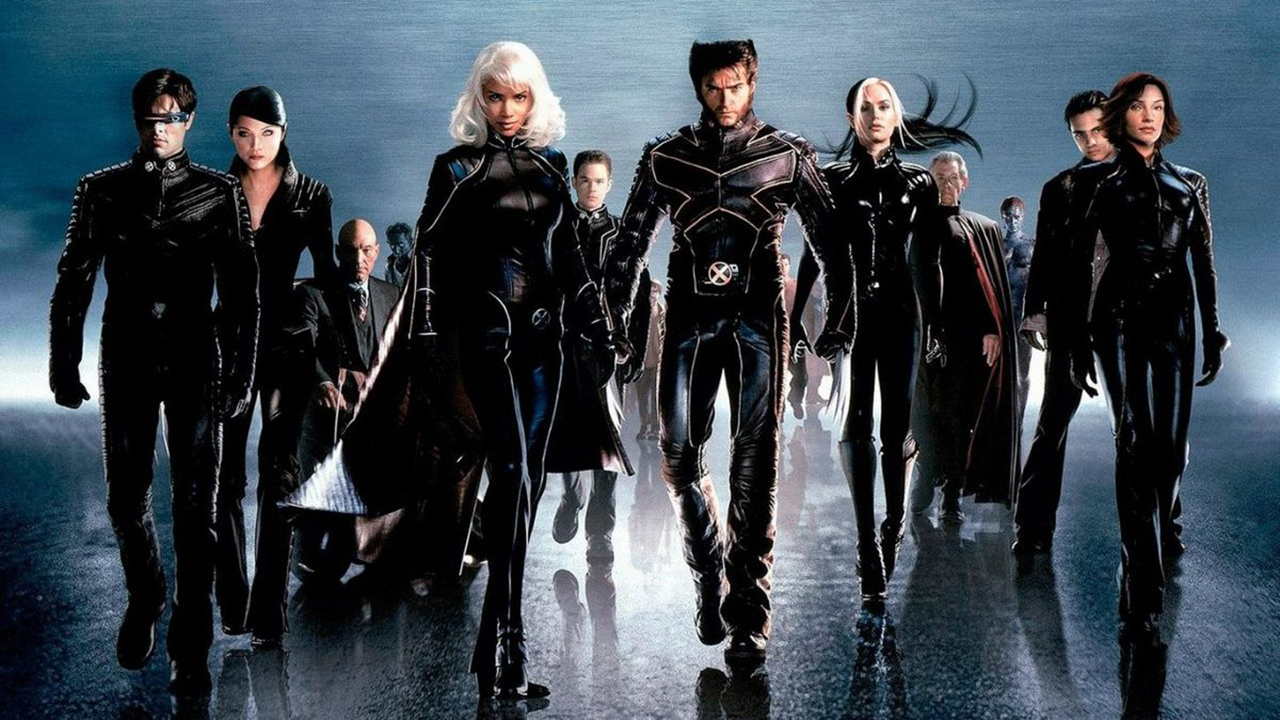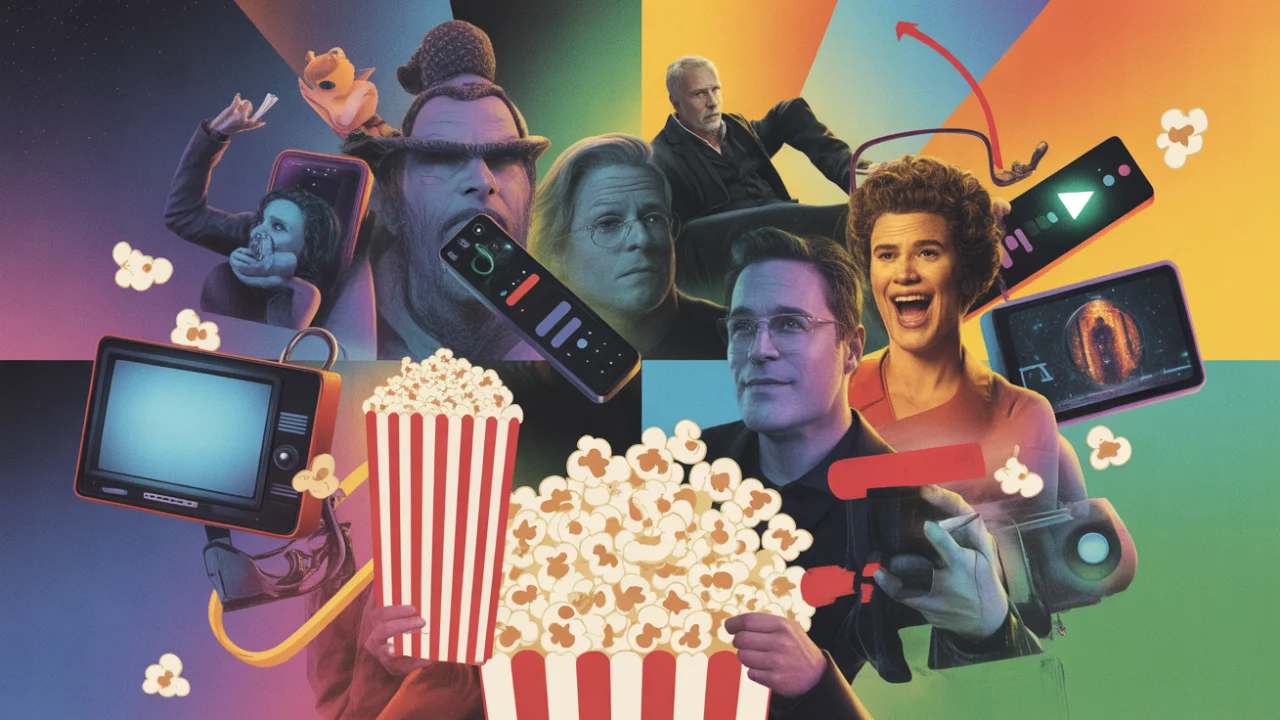X-Men is one of the most successful franchises in Marvel and several media were produced about the series. The stories, which initially began in the comic book format created by Stan Lee and Jack Kirby, have been transformed into animations and live-action films that have won over fans around the world to this day.
However, the films released may raise some doubts among the public regarding the order in which they should be watched. If this is your case, you don't need to worry anymore! In today's article, we will teach you how to watch all the X-Men films in chronological order according to the relevance of the events that occurred in the plot so that there is no longer any uncertainty about it! Are you ready for this adventure? Then let's check it out together!
X-Men: First Class (2011)
X-Men: First Class is the perfect starting point for watching the X-Men films in chronological order. Set in the 1960s, the film reveals the origins of Charles Xavier and Erik Lensherr before they became Professor Xavier and Magneto. During the plot, the initial formation of the X-Men is mixed with the context of the Cold War, and the film establishes the ideological rivalry that defines the franchise, in addition to introducing notable characters such as Mystique and Beast.
With an approval rating of 86% on Rotten Tomatoes, X-Men: First Class was widely praised by critics, standing out for the revitalization of the series and the performance of its cast. The production is essential to understand the events that will come, as it lays the foundation for the conflicts and alliances seen in later chapters. A true gem for those looking to explore the mutant timeline!
X-Men: The Movie (2000)
X-Men: The Movie marked the beginning of the franchise and is one of the essential chapters to watch the X-Men films in chronological order. The plot, set in the early 2000s, introduces the universe of mutants and the prejudice they face in society. With an 82% approval rating on Rotten Tomatoes, the film was highly praised by critics for establishing a more mature tone for comic book adaptations, bringing iconic characters such as Wolverine, Jean Grey and Storm.
The film explores the central conflict between the X-Men, led by Professor Xavier (Patrick Stewart), who advocate peaceful coexistence between humans and mutants, and the Brotherhood of Mutants, led by Magneto (Ian McKellen), who adopts a more aggressive stance. This first chapter is essential to understanding the political and social tensions that permeate the entire franchise, in addition to introducing the philosophical clash between its two leaders.
X-Men 2 (2003)
The third in the chronological order of the X-Men films, X-Men 2, is set in 2003 and features a narrative that further heightens tensions between mutants and humans. After a near-fatal attack on the President of the United States by a mutant, the segregation of mutants reaches a new level. The film, which earned an 85% approval rating on Rotten Tomatoes, is among the best X-Men films for addressing social issues.
The story gains momentum with William Stryker (Brian Cox), who leads a plan to register and eliminate mutants, culminating in an attack on Professor Xavier's school. In this scenario of imminent danger, Magneto proposes a temporary alliance with the X-Men to stop the government attacks. The film is essential for those who want to watch the X-Men films in chronological order, highlighting the ethical dilemmas between coexistence and resistance, in addition to being a milestone in the universe of mutants.
X-Men Origins: Wolverine (2009)
The fourth of the X-Men films in chronological order explores the past of Logan (Wolverine). As he tries to move on and forget his past traumas, he finds himself confronted by the return of his brother, Victor Creed (Liev Schreiber), who seeks revenge. When recruited for the Weapon X project, Logan begins to strengthen his body with adamantium, becoming almost indestructible. The plot also marks the first appearance of Deadpool in the franchise.
With a 6.5 rating on IMDb and only a 38% critical approval rating on Rotten Tomatoes, the film was heavily criticized, including by Hugh Jackman himself. The actor mentioned that the film felt more like a fourth film in the X-Men saga, with an excessive focus on Wolverine and his past, which ended up taking the narrative away from the central elements of the franchise.
X-Men: The Last Stand (2006)
X-Men: The Last Stand is the final film in the original trilogy and also concludes the group's cinematic narrative. The plot focuses mainly on Jean Grey, who returns after the sacrifice made in the previous film. Set in 2006, the film introduces the controversial "cure" for mutants, which is publicized and sponsored by the government, creating divisions in the community. The possibility of eradicating the X gene and becoming a normal human being is presented as a choice.
This new proposal is accepted by some mutants, led by Professor Xavier, but is viewed with suspicion and as a threat by Magneto and his allies. The tension between the option for a cure and the fight to preserve mutant identity intensifies the confrontation between the two factions, leading to a major conflict. If you are looking to understand the X-Men films in chronological order, this film is an important milestone to close the original saga.
X-Men: Days of Future Past (2014)
The next time-lapse film, X-Men: Days of Future Past, hit theaters in 2014 and is cut into two timelines: one is set in the year 1973, while the other is set in 2023. In the film, we are shown Dr. Bolivar Trask, played by Peter Dinklage, a scientist who is certain that mutants are a risk to society.
Faced with chaos and a threat to the survival of the mutants who live in hiding in fear, Wolverine (Hugh Jackman) is sent to the past. The film stands out as one of the most acclaimed in the series, receiving a 90% approval rating on the Rotten Tomatoes website. For those who want to watch the X-Men films in order, this film is key to understanding the story.
Although many people may be confused thinking that this would be the second film in the chronological order of the series, it is actually in fifth place even though there are things happening in the past.
X-Men: Apocalypse (2016)
One of the most recent films in the X-Men series, called Apocalypse, has a 4.7% approval rating on Rotten Tomatoes and is set in 1983. In the story, Apocalypse (Oscar Isaac), the first and one of the most powerful mutants in the world, returns to life after millennia of inactivity. With an eye on dominating humanity, he uses his psychic powers to command four Horsemen, including Magneto, the Angel Ben Hardy Psylocke Olivia Munn and Storm Alexandra Shipp.
With humanity on the brink of destruction, Charles Xavier calls on his students, such as Jean Grey (Sophie Turner), Nightcrawler (Kodi Smith-McPhee) and Cyclops (Tye Sheridan), as well as old allies Beast (Nicholas Hoult), Mystique (Jennifer Lawrence) and Quicksilver (Evan Peters) to face him. For those who like to follow the X-Men films in chronological order or understand the order of the X-Men films, this film is an important arc in the development of the mutants' history.
X-Men: Dark Phoenix (2019)
Considered the film in the franchise with the worst critical reception, X-Men: Dark Phoenix only received a 22% approval rating on Rotten Tomatoes. The story takes place in 1992, when the X-Men team is called for a space mission, but, while trying to save an astronaut, Jean Grey (Sophie Turner) is hit by an unknown cosmic force. Upon returning to Earth, she begins to notice changes in her powers, which become increasingly uncontrollable.
For those who are following the saga and wondering how to organize the X-Men films in chronological order, this film marks a crucial moment in Jean Grey's transformation, being the final point for the character's timeline. X-Men: Dark Phoenix brings the conclusion of Jean's story, ending this phase of the franchise in an intense and dramatic way.
There are other X-Men spin-offs that take place in the same universe, such as the Deadpool movies and the Wolverine solo films, but they have their own chronologies and do not interfere with the main order. So, these are the X-Men movies in chronological order! Which one is your favorite? Share with us in the comments! Enjoy and also check out our list of the best Keanu Reeves movies.
Questions that might interest you
Are there any films that are not part of the main chronology?
There are some films like Deadpool, some Wolverine sequels and the new mutants were not considered.
Are there any X-Men related TV series?
Yes! X-Men has had some cartoon series such as X-Men: The Animated Series (1992), X-Men: Evolution (2000) and, most recently, X-Men: '97 (2024).






